Chrysanthemum Tea
Chrysanthemum tea, a widely popularized medicinal tea in ancient Chinese culture, is prepared from the flowers of certain Chrysanthemum plants (Chrysanthemum indicum and Chrysanthemum morifolium). This herbal tea, being rich in Vitamin A, B, C, beta-carotene, calcium, magnesium and other nutrients, is used effectively for several medicinal purposes.
History and Origin
Initially being used in Chinese medicine to treat various health issues, the tea was first introduced during the Tang dynasty, when dry flowers were used to enhance the taste of green tea. It was later started to be used as an independent drink during the time of the Song dynasty (960 to 1279) The edible species originating in East Asia, are mainly found in China in the provinces of Henan, Anhui, Sichuan and Zhejiang.
Chrysanthemum tea health benefits: What is it good for?
Controls body temperature: Being a natural coolant, it helps in reducing body temperature, thereby providing relief during fever and heat stroke. Its property in treating heat rash has been mentioned in certain health and fitness magazines.
Lowers blood pressure: Its rich potassium content and diuretic properties help in controlling blood pressure as well as dealing with infections in the bladder, urinary tract and kidney.
Antiviral properties: Tea made from yellow chrysanthemum, helps in treating cold, flu, sinus, heaviness of head, migraine and stress related headaches. It assists in clearing the congestion in lungs, thereby relieving respiratory disorders like shortness of breath. Children suffering from sore throat can also drink the tea or tincture.
Improves functioning of heart: Several studies have shown that drinking this tea helps in overcoming the common symptoms of coronary heart diseases, like chest pain or angina. It also helps in other conditions such as varicose veins, atherosclerosis or blocked arteries by increasing the flow of blood to the heart, thus ensuring a proper cardiac health.
Proper liver Functioning: Its detoxifying property makes it helpful in clearing the blood and liver of their impurities. Drinking chrysanthemum tea helps in calming and pacifying the liver by reducing liver inflammation, thereby lessening cholesterol levels.
A good stimulant: Its stimulating property contributes in relaxing the nerves, thereby reducing stress, anxiety, and mental fatigue as well as regulating sleep patterns.
Boosting immunity: The high content of beta-carotene in this herbal tea is converted into Vitamin A in the human body, thus improving our immunity system as well as dealing with concerns of advanced blindness that comes with age, ensuring clear vision.
Rich source of Vitamin B: Presence of riboflavin (Vitamin B2) helps in weight loss, also preventing an abnormal change in structure. Choline helps in fat metabolism whereas niacin or Vitamin B3 aids in the functioning of the central nervous system and gastrointestinal tract.
Good for Type2 diabetes: Despite a lack of proper evidence, several researches suggests that an infusion of chrysanthemum, along with jiangtangkang, may help in lowering the sugar levels after meals in those suffering from Type 2 diabetes (non-insulin dependent diabetes) by increasing their sensitivity to the insulin hormone. However people taking insulin in the form of injection should avoid it because of its possible reactions with the latter.
Kidney stones: Drinking this caffeine-free tea helps in proper kidney functioning as well as preventing and removing kidney stones.
Positive effects during menstruation: A cup of warm chrysanthemum flower tea is helpful in relieving cramps during periods. However people are of mixed opinion in this regard as there are no concrete evidence.
Digestive properties: This flower tea, when taken along with lunch or dinner, helps in digestion of oily or fatty foods.
Rich in minerals: Its rich calcium content makes it useful for bones and teeth. High value of magnesium facilitates in proper functioning of the body whereas the presence of iron is effective in transporting oxygen to the blood.
Other possible benefits
Effective for Eyes: Its rich Vitamin A and C content makes it useful in curing several eye ailments like watery eyes, dizziness, blurred vision or seeing spots. A poultice or warm compress acts as an eyewash, helping in reducing pain as well as providing relief from dry , red eyes, sore eyes and even conjunctivitis.
Treats skin problems: Its antiseptic, anti-inflammatory and antibacterial properties facilitate in treating skin sores, irritation, boils, abscess and allergies. When applied as a poultice, it treats acne and pimples.
It can also help in reducing nausea and dizziness as well as getting rid of toothaches and sensitivity in gums.
Chrysanthemum tea recipe: How to make chrysanthemum tea?
- Take some dried chrysanthemum flowers in a tea pot. You may also add dried wolfberries along with it.
- Pour about three cups of boiling water over the flowers.
- Steep the mixture for about two to three minutes.
- Strain the tea.
- Add rock sugar or honey for taste.
For further taste, jasmine, ginseng, chamomile and other herbs or flower infusions may be added. The tea color may vary from clear to bright or pale yellow.
Chrysanthemum tea safety and precautions
Side effects of chrysanthemum tea
It does not usually cause any site effects. But, some people may develop allergies or contact dermatitis, a kind of skin rash, on drinking this tea. Moreover, over-consumption is also to be avoided.
Consumption during pregnancy
Though no studies have been provided related to the use or abuse of this tea during pregnancy, pregnant and breastfeeding mothers are advised to avoid its consumption for any severe complications.
Where to buy chrysanthemum tea
Organic chrysanthemum tea and tea bags are available online as well as in Asian grocery stores or outlets selling Chinese medicine.
References
- http://www.webmd.com/vitamins-supplements/ingredientmono-904-chrysanthemum.aspx?activeingredientid=904&activeingredientname=chrysanthemum
- https://mansatea.com/blogs/learn/chrysanthemum-tea-benefits
- http://www.naturalnews.com/040879_chrysanthemum_tea_cool_teas_summer.html#
- http://www.livestrong.com/article/336067-the-herbal-uses-of-chrysanthemum-flower-tea/
- https://thewoksoflife.com/chrysanthemum-tea-benefits/
- https://www.healthline.com/health/food-nutrition/how-chrysanthemum-tea-benefits-health
- http://www.diethealthclub.com/health-food/chrysanthemum.html
- https://bonteacafe.com/chrysanthemum-tea-9-surprising-benefits-you-need-to-know/
- http://www.theepochtimes.com/n3/706908-detox-with-chrysanthemum-tea/
- http://healthyeating.sfgate.com/brew-chrysanthemum-tea-5158.html
Article was last reviewed on 24th November 2022
Related Articles
Leave a Reply
One thought on “Chrysanthemum Tea”
Leave a comment
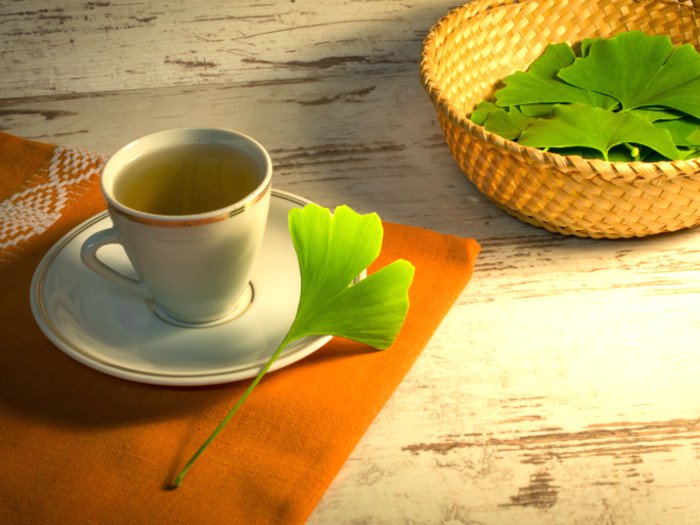
Ginkgo Biloba Tea
The Ginkgo Biloba tea is an herbal infusion obtained from the extract of the dried leaves
Read more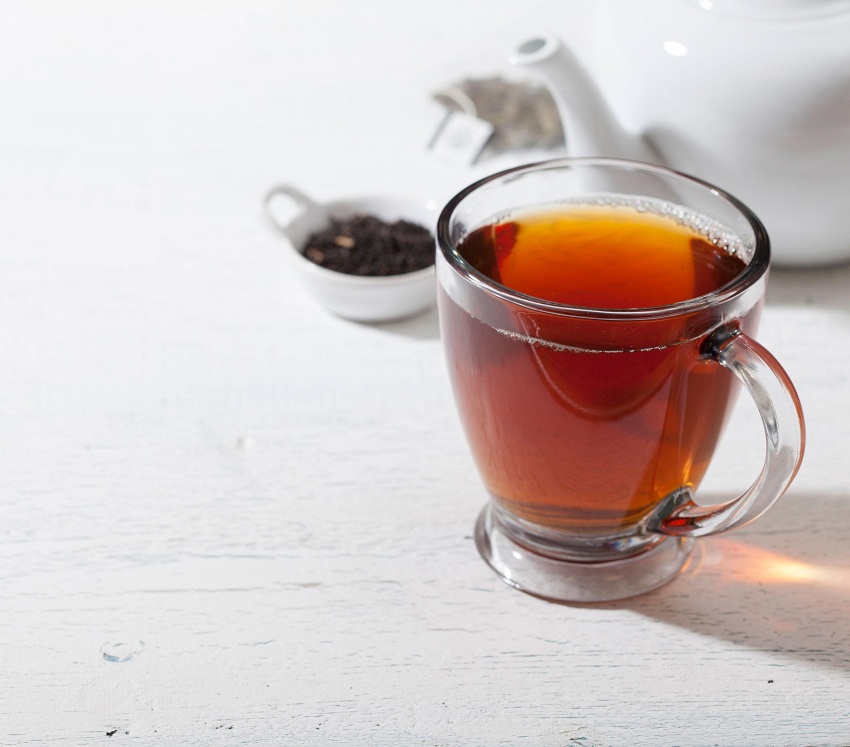
Black Tea
Black tea, belonging to the same group as the green, white and oolong teas is the most oxi
Read more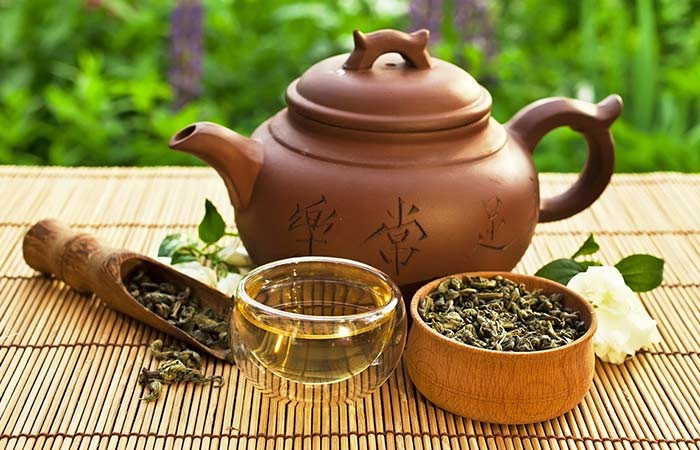
Oolong Tea
What is oolong tea Oolong, a traditional beverage of China, is prepared from the buds, st
Read more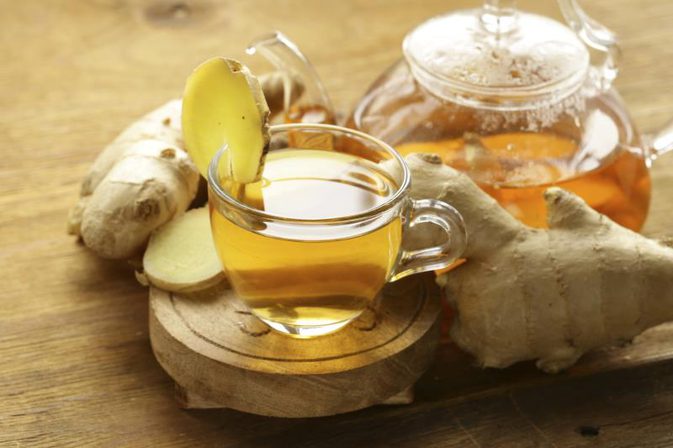
Ginger Tea
Ginger tea, prepared from the roots of ginger, is a popular herbal beverage of Asia. Becau
Read more
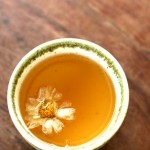

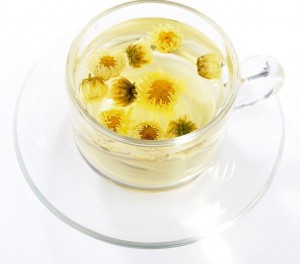
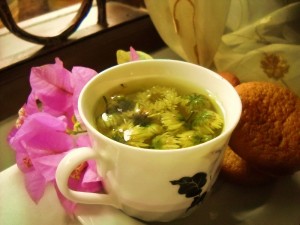
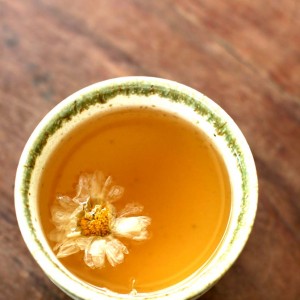
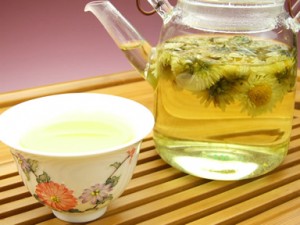
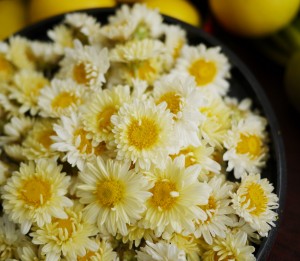
Looking for info on teas for hypertension